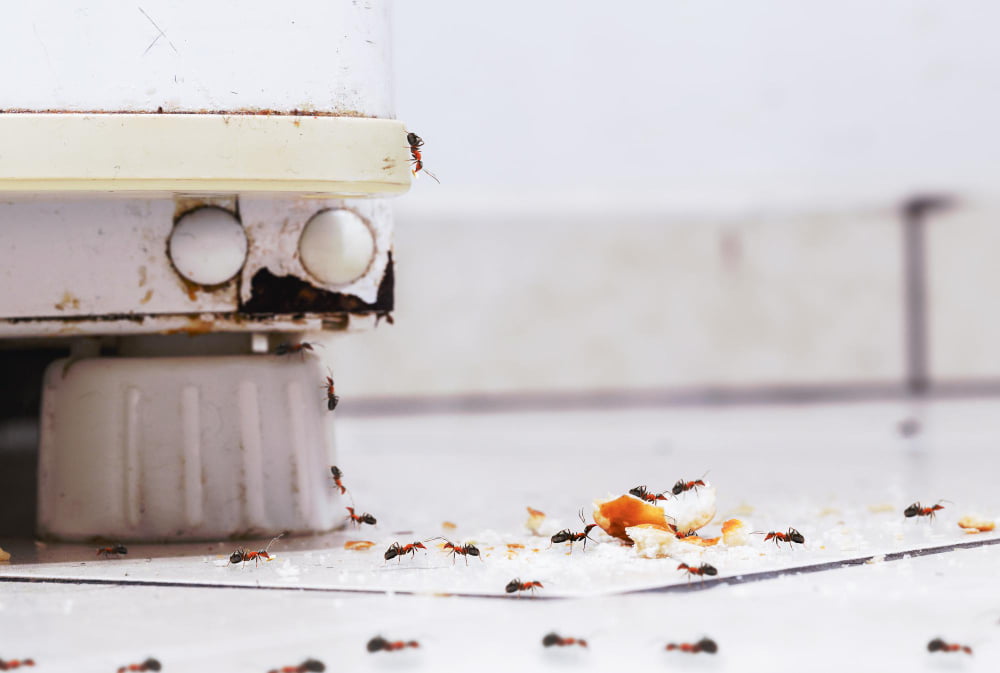Last updated on
Mosquitoes are a nuisance for many people, especially in the summer months. Unfortunately, there’s no magic formula to get rid of them all the time. They can be pesky because they carry illnesses like Zika and West Nile virus.
But if you’re not afraid to take action, there are plenty of things you can do to control mosquitos and keep your family safe from mosquito-borne diseases. This article will explain what works and what doesn’t when it comes to controlling mosquitoes.
Repellents

One of the best ways to protect yourself is with repellents. When you’re outside, it’s safer to reapply your spray or lotion every few hours. If you are using DEET, note that 10% is more effective than 30%, and picaridin is as effective as 25% DEET. If you want a more organic option, a natural yard mosquito repellent will help to keep mosquitos away. A good repellent will contain essential oils like the oil of lemon eucalyptus, lemongrass, rosemary, cedarwood, or catnip.
What is Permethrin?
Permethrin is an insecticide that’s safe for cats and dogs but it’s very effective against mosquitos. It can be sprayed on surfaces where mosquitos rest, like the walls of your house or your yard. But keep in mind that it only becomes active when it comes in contact with water and stays on for about a month once applied.
Other Safe Insecticides for Pets
Although permethrin is safe for cats and dogs, some other insecticides are toxic to them. This is why it’s important to use a natural yard mosquito repellent that won’t harm your pets – but will keep mosquitos away from you and them at the same time. Options include sprays or sprays that you can use in your yard. If you want to avoid chemicals altogether, consider this: mosquitos are more attracted to people who smell like lotions and perfumes. They’re also more likely to bite during the early morning hours when it’s still dark out. So if you go outside early in the morning or late in the evening, make sure to use a lot of mosquito repellent.
Lawn Mosquito Traps
Another way to get rid of mosquitos is to use mosquito traps. These are machines that mimic the smell and warmth of humans to draw in mosquitos where they can be trapped and dehydrated. While they’re not as effective as repellents, they can still help to reduce the number of mosquitos you have around your house.
Electric traps are even more effective because they attract mosquitos with light and then kill them with electric shocks. You can also buy mosquito traps that have carbon dioxide inside, which helps to attract mosquitos. Traps like this use bait to draw the mosquitos in, where they’re killed by a fan or an electrical grid. Also, be aware of bug zappers, which kill a lot of insects but don’t help much with mosquitos. The same goes for candles and torches that keep mosquitos away. These things may help when you’re sitting outside in your backyard, but they won’t make much impact on the number of mosquitos in your area overall.
Mosquito Repellent Plants
You can also make your yard less hospitable to mosquitoes by planting mosquito repellent plants like citrosa geraniums and catnip. Marigolds are also useful for deterring mosquitos in the garden. These plants work in a way that they release a repellent scent that keeps mosquitos from settling in your area. It’s not as strong as chemical sprays, but you can still plant these plants around the garden or even in pots along your porch.
Bats and Dragonflies
In some areas, bats and dragonflies help to fight the mosquito population by feeding on them. In places where there are a lot of mosquitos, you can help by creating a habitat for these insects. In areas that don’t have as many mosquitos, they can also help to control the population. But in areas where mosquitos are already being eradicated naturally, bats and dragonflies aren’t necessary to do so.
Nets
If you want to cover yourself while you’re outside, a mosquito net is an option. It covers your body and protects from mosquitos as long as it’s tucked in so nothing can get underneath it. One of the best kinds of nets is a bed net because it keeps mosquitos from being able to attack you at night when they are most active.
Compost piles
Compost piles attract mosquitos and other insects, which can make them a breeding ground for these creatures if you don’t wet them down regularly. Just like any compost pile, you should moisten and turn the contents every day to prevent mosquitos from thriving in your backyard. Make sure that it’s on a higher surface where water can drain off of it.
So, What Works?
Repellents, traps, and plants will be the most effective in mosquito control. But of course, if you live in a place with an abundance of mosquitos and other insects, it’s useful to know how to manage them effectively. The best option you can incorporate in controlling mosquitos is to use a combination of repellents, traps, and plants to manage the population. Fogging them professionally is also an option that works for other bug infestations as well, but can be dangerous for your health.
What DOESN’T Work
Bug Zappers, candles, torches, or bug bombs are all ineffective methods. If you have a serious mosquito problem, it’s best to use chemicals in your yard where mosquitos are most likely to breed. Enough of these chemicals will eradicate the mosquitoes but will not be dangerous for humans or pets when used around the house. Also, don’t try to inhale the fumes of these repellents to get high. It’s dangerous to your health, especially if you have asthma or another respiratory problem.
Employing a variety of mosquito control methods should be sufficient in ridding your yard and garden of mosquitos for good. There’s no magic formula to get rid of mosquitoes (mosquito control is really hard). But you can take steps to make your yard less attractive to them and repel them when they do come near you. A combination of mosquito traps, repellents, and mosquito-repelling plants can help you enjoy your yard all summer long!
Liked reading this? Here’s more:
Recap:



